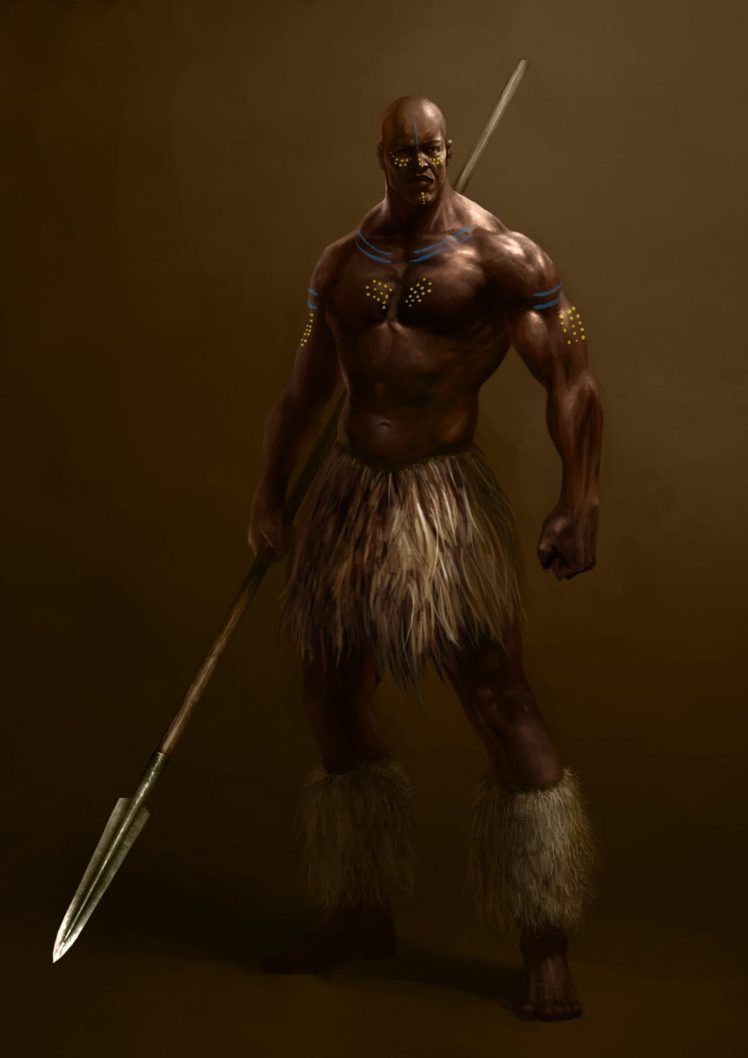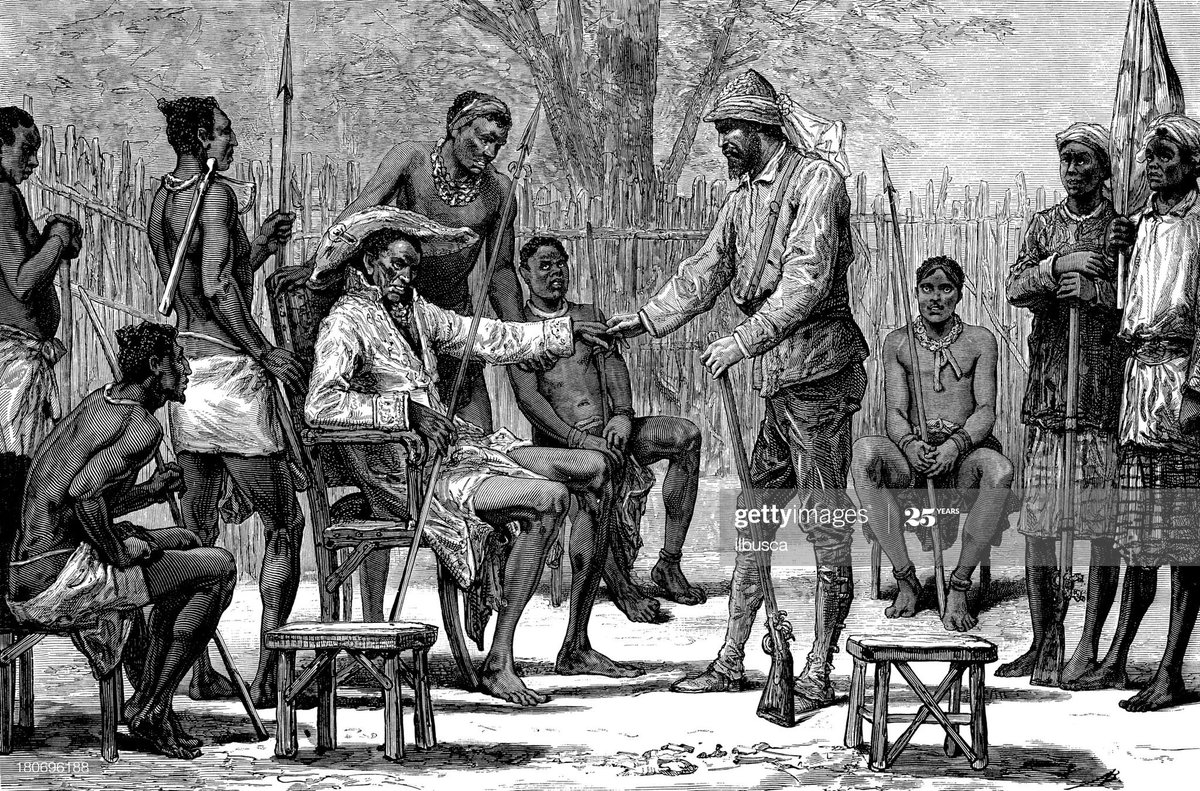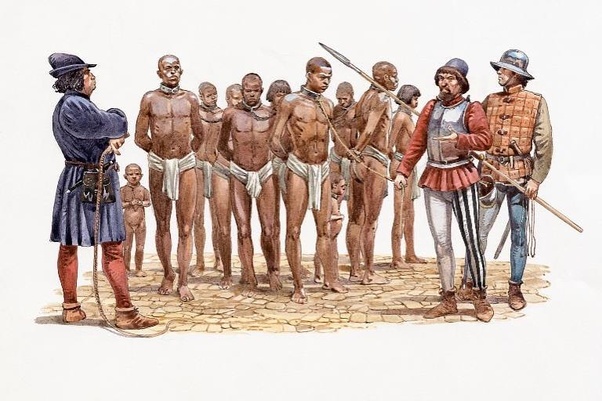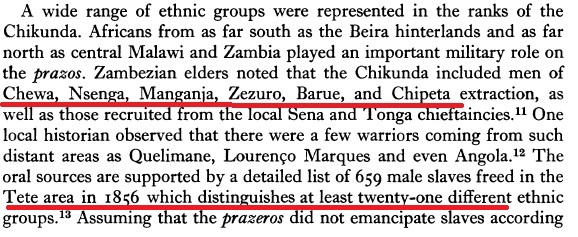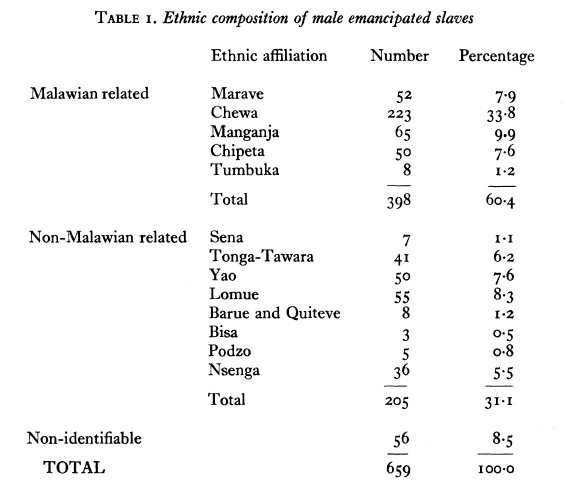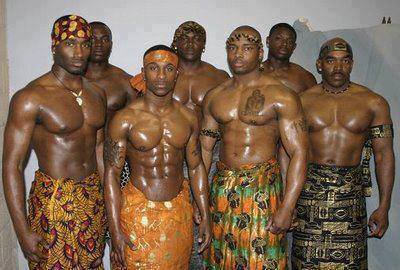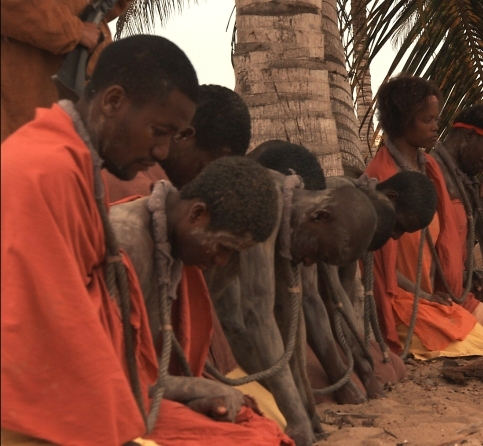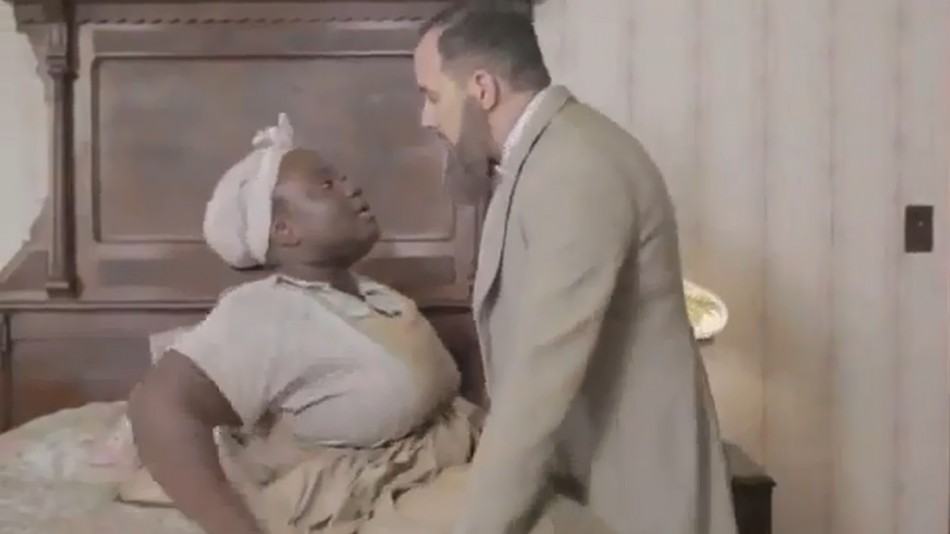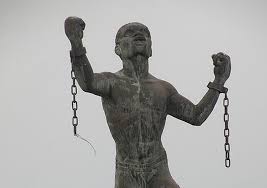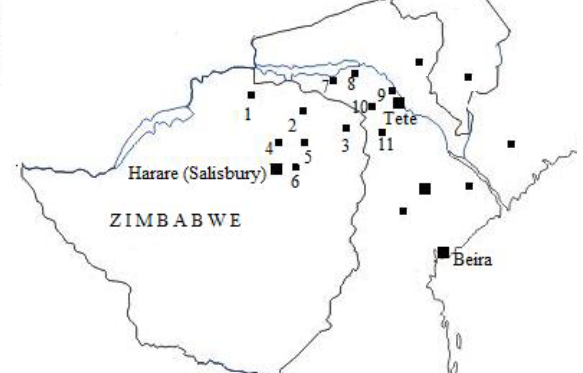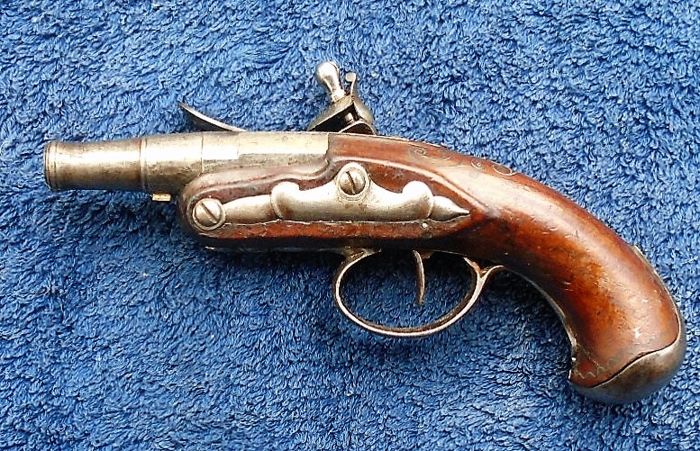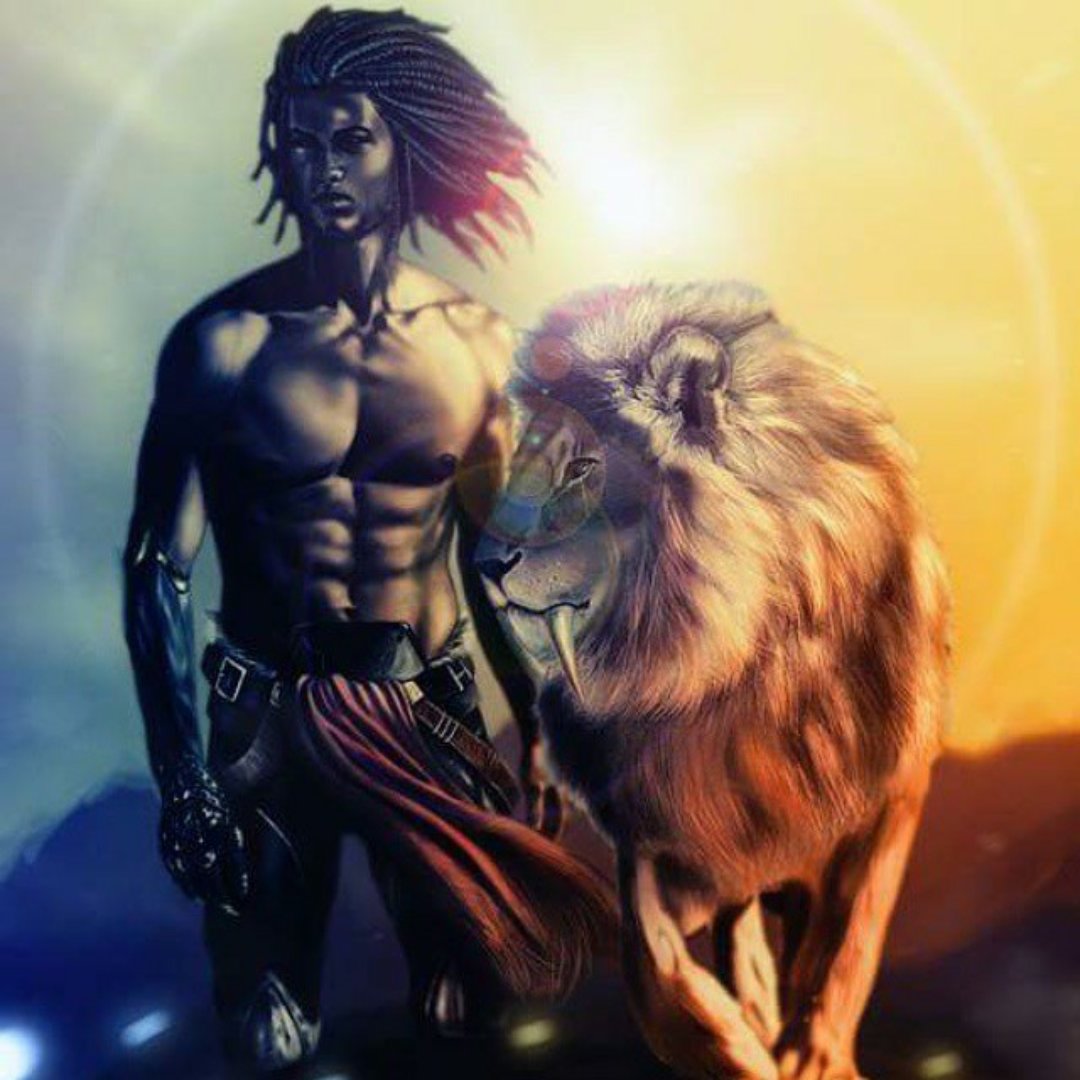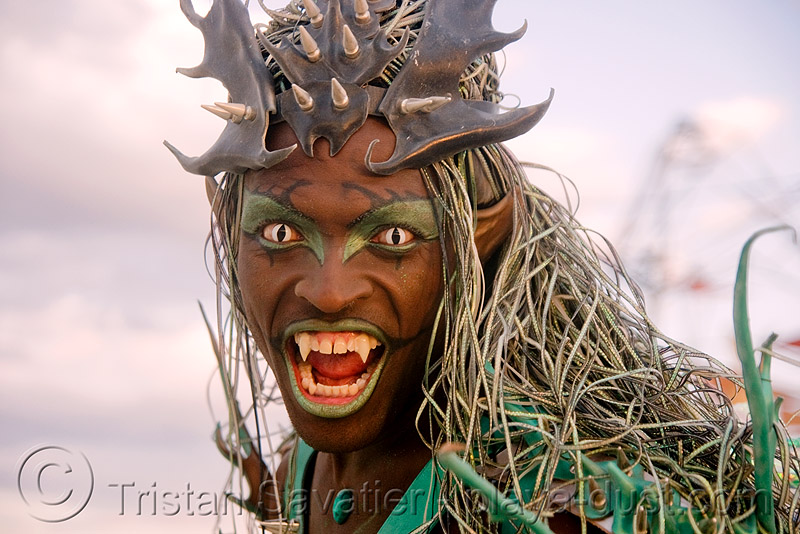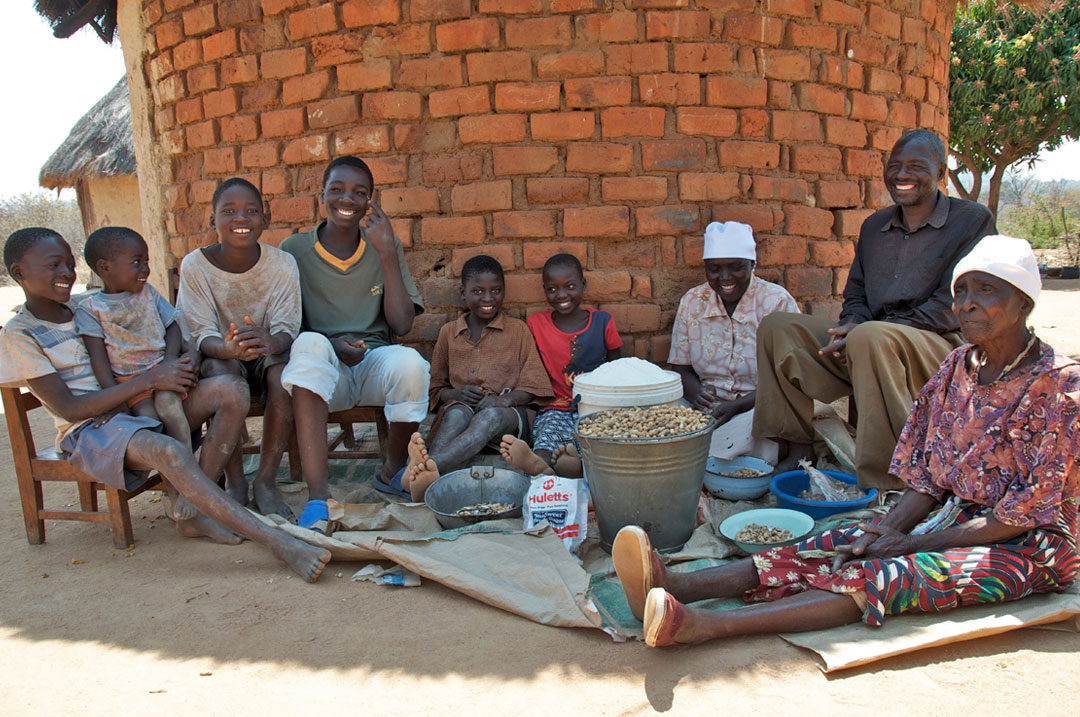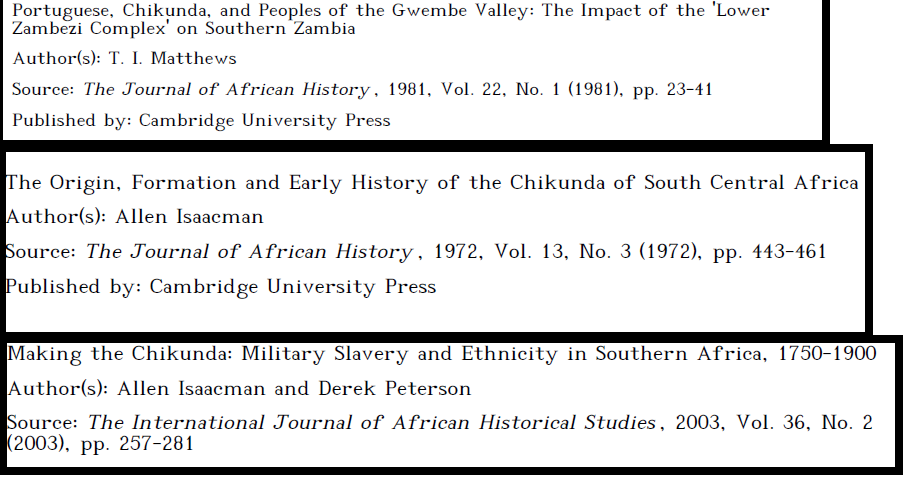1/16 Chikunda, Slave Warriors of the Zambezi
A thread
The Chikunda are an ethnic group located in Zambia, Zimbabwe Mozambique
Chikunda has been proposed as Zimbabwe& #39;s 17th official language
Who are the Chikunda & whats their impact on Zimbabwean history?
A thread
The Chikunda are an ethnic group located in Zambia, Zimbabwe Mozambique
Chikunda has been proposed as Zimbabwe& #39;s 17th official language
Who are the Chikunda & whats their impact on Zimbabwean history?
2/16 Chikunda ethnicity arose c.1500 when the now weak Mutapa State, which controlled the Zambezia, gave Portuguese explorer& #39;s land in exchange for military support. The Portuguese established sugar-plantations which they called prazos.
3/16 The prazos were based on slavery. The Portuguese either captured, bought or received slaves whom they used for cheap labour and some African women as concubines The Portuguese formed a slave-army for their own protection
This army was called Chikunda
This army was called Chikunda
4/18 Thus the Chikunda were a mixture of different enslaved African ethnicities that included Chewa, Zezuru, Tawara, Barwe etc.
It is estimated that the Chikunda are a mixture of at least 21 different ethnicities-some enslaved from as afar as Angola
It is estimated that the Chikunda are a mixture of at least 21 different ethnicities-some enslaved from as afar as Angola
5/16 The Chikunda policed the prazos & raided the interior for more slaves. It protected the Portuguese on their trading trips. The Portuguese trained/armed them with rifles
The name Chikunda is derived from kukunda (Shona) meaning & #39;to vanquish& #39;
The name Chikunda is derived from kukunda (Shona) meaning & #39;to vanquish& #39;
6/16 Not all Chikunda were forced into slavery. During times of famine starving Africans voluntarily sold themselves into slavery in exchange for food. This included orphans and social outcasts who could no longer survive on their own
7/16 The relations between Portuguese and slaves produced a unique language called Chikunda. It& #39;s also called Nyungwe.Afro-Portuguese children were born in the prazos and their influence on Chikunda culture was to be felt after the Portuguese left
8/16 With time the Prazo system weakened & collapsed. Chikunda armies revolted against their slave masters. Some never returned from their raids. Others were emancipated.
9/16 Communities of freed Chikunda armies developed across the Zambezia. They maintained their language, social ranks, dressing thus separating themselves from local Africans.
A shared conscious ethnic identity which we now call Chikunda arose
A shared conscious ethnic identity which we now call Chikunda arose
10/18 Because of their expert gun skills the Chikunda communities emerged as a powerful political/economic force. They hunted elephants, controlled ivory trade & even invented their own muzzle-loading gun known as the Gogodela
11/16 The Chikunda social, religious and political structure borrowed heavily from Shona and Chewa. The leader was called & #39;mwanamambo or mukambo& #39;. They believed in the Shona mhondoro/mpondoro lion cult.
12/16 Perhaps the most famous Chikunda was Jose Roasrio Andrade, known by his African name Kanyemba the "ferocious". An Afro-Portuguese, he formed a power Chikunda state c.1870 that terrorized the local Africans for years
13/18 Kanyemba& #39;s Chikunda state was modelled after the prazo system. He raided locals for slaves & sold them on the Mozambican coast. Chikunda wore facial tatoos & even filed their teeth to give a menacing demeanor! The state declined after Kanyemba& #39;s death
15/18 During the Shona-Ndebele conflicts (c.1852) between Mzilikazi and the last Chanagamire of the Rozvi State, Mambo Tohwechipi, the Mambo enlisted the help of the Chikunda. Their assistance led to the defeat of the Ndebele at the Battle of Chikato.
16/16 Today remnants of the Chikunda live in Zambia Zimbabwe & Mozambique In Zimbabwe the Chikunda community is centred in Mashonaland Central. Well-known Zimbabweans of Chikunda ancestry include Chief Nyachuru and Chief Dotito in the Mazowe and Darwin areas

 Read on Twitter
Read on Twitter